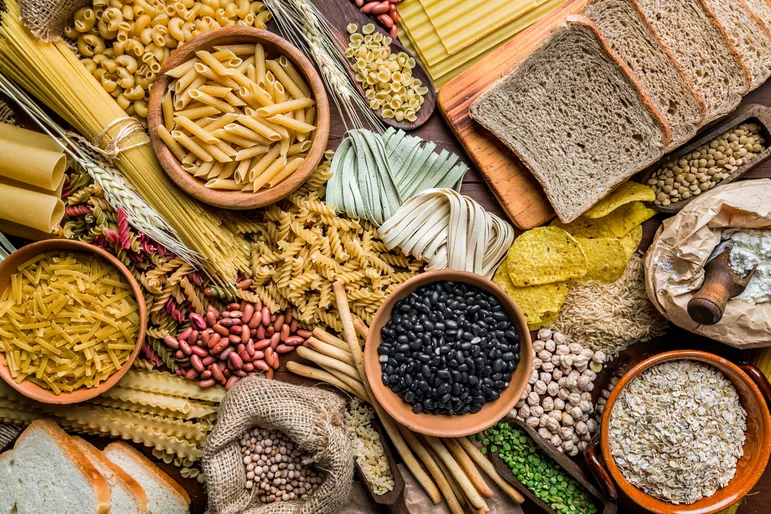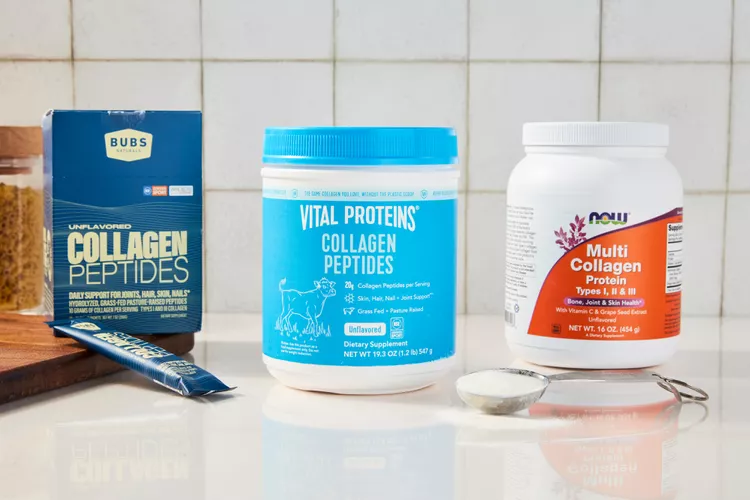Top 8 Diets for Better Health and Real Results

With so many diets available today, choosing the right one can feel overwhelming. Fortunately, each year U.S. News & World Report ranks the Best Diets Overall, based on insights from a panel of 69 experts in nutrition, weight management, diabetes, heart health, and food psychology. In 2025, the top-performing diets remained consistent, focusing on health, safety, and long-term results.
These are eight of the most recommended and effective diets based on the latest rankings.
1. Mediterranean Diet
Overview:
Ranked #1 for the fifth year in a row, the Mediterranean diet emphasizes plant-based foods, healthy fats, and an active lifestyle. It’s not a strict plan but a flexible approach to healthy eating.
What it Includes:
-
Plenty of vegetables, fruits, legumes, whole grains, and olive oil
-
Moderate amounts of fish, poultry, eggs, and dairy
-
Limited red meat and processed foods
-
Optional red wine in moderation
Benefits:
Linked to reduced risks of heart disease, diabetes, obesity, and certain cancers. It’s flavorful, sustainable, and rich in anti-inflammatory nutrients.
Drawbacks:
No strict meal plans or calorie guidelines, and it may require more cooking and grocery planning.
2. DASH Diet
Overview:
Originally designed to lower blood pressure, DASH (Dietary Approaches to Stop Hypertension) is supported by the NIH and promotes balanced, heart-healthy eating.
What it Includes:
-
Emphasis on fruits, vegetables, whole grains, lean proteins, and low-fat dairy
-
Limits sodium, red meat, sweets, and saturated fat
Benefits:
Effective for lowering blood pressure and reducing risk of heart disease, stroke, and type 2 diabetes.
Drawbacks:
May lack plant-based alternatives and healthy fats; very structured.
3. Flexitarian Diet
Overview:
A flexible plant-based diet that allows for occasional meat or animal products, ideal for those seeking balance without going fully vegetarian.
What it Includes:
-
Primarily whole, plant-based foods (fruits, veggies, legumes, whole grains)
-
Occasional meat or seafood
Benefits:
Linked to lower body weight, improved metabolic health, and reduced risk of chronic illness.
Drawbacks:
Its vague structure may confuse some; different versions (like “climatarian” or “reducetarian”) may help provide more clarity.
4. MIND Diet
Overview:
A blend of the Mediterranean and DASH diets, the MIND Diet focuses on brain health and lowering the risk of Alzheimer’s and Parkinson’s diseases.
What it Includes:
-
Brain-friendly foods: leafy greens, nuts, berries, fish, olive oil
-
Limits butter, cheese, red meat, fried foods, and sweets
Benefits:
Associated with reduced cognitive decline and dementia risks, especially when followed consistently.
Drawbacks:
Limited research on weight loss effects; vague meal guidelines may require expert support.
5. Mayo Clinic Diet
Overview:
Developed by a trusted medical institution, this diet promotes long-term weight loss through habit change and balanced eating.
What it Includes:
-
Two phases: "Lose It!" and "Live It!"
-
Unlimited fruits and vegetables, whole grains, healthy fats
-
Focus on behavior change and sustainable habits
Benefits:
Backed by research, and offers structured programs and meal plans for various lifestyles.
Drawbacks:
Access to full features may require a paid subscription.
6. TLC Diet
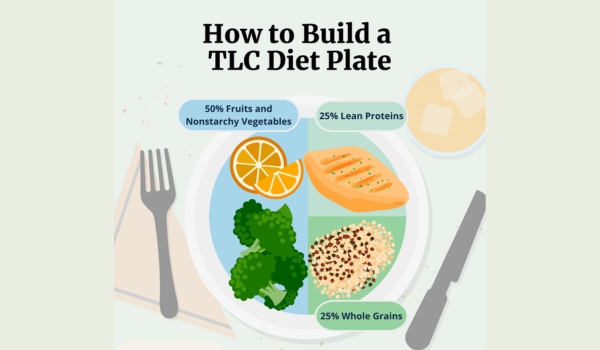
Overview:
TLC (Therapeutic Lifestyle Changes), developed by the NIH, is designed to reduce cholesterol and promote heart health.
What it Includes:
-
Low in saturated fat and cholesterol
-
High in fiber and plant-based foods
-
Recommends daily physical activity
Benefits:
Scientifically proven to improve cholesterol and heart health.
Drawbacks:
Complex nutritional targets may be hard to translate into everyday meals; may be low in protein for active individuals.
7. Volumetrics Diet
Overview:
Focuses on eating large volumes of low-calorie foods to feel full while managing weight.
What it Includes:
-
Encourages water-rich fruits, vegetables, and broth-based soups
-
Limits high-calorie, low-nutrient foods
-
Promotes gradual physical activity
Benefits:
No food is completely restricted; helps control hunger and supports gradual weight loss.
Drawbacks:
Understanding food energy density can be confusing; some may prefer richer, smaller meals over volume.
8. WW (Formerly Weight Watchers)
Overview:
WW’s PersonalPoints Program is a personalized, point-based system that encourages balanced, flexible eating.
What it Includes:
-
Customized point plans
-
Access to recipes, coaching, activity tracking, and group support
Benefits:
Well-researched and proven effective for weight loss and habit building.
Drawbacks:
Requires a membership (monthly fee); not suitable for those who dislike tracking.
❌ Diets That Ranked the Lowest
-
GAPS Diet: Limited scientific support, very restrictive and hard to maintain
-
Dukan Diet: High-protein, rigid, and lacks research
-
Modified Keto: Still restrictive and difficult to sustain long-term
Quick Review
There is no one-size-fits-all diet. A good plan supports your physical health, fits your lifestyle, and helps you build lasting habits. Choose a diet you can stick with—not just for a few weeks, but for years. True health is about balance, not restriction.













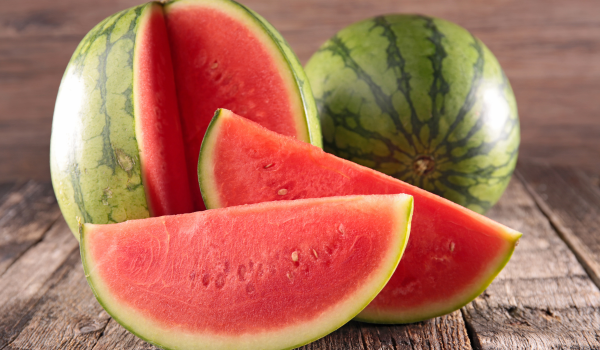









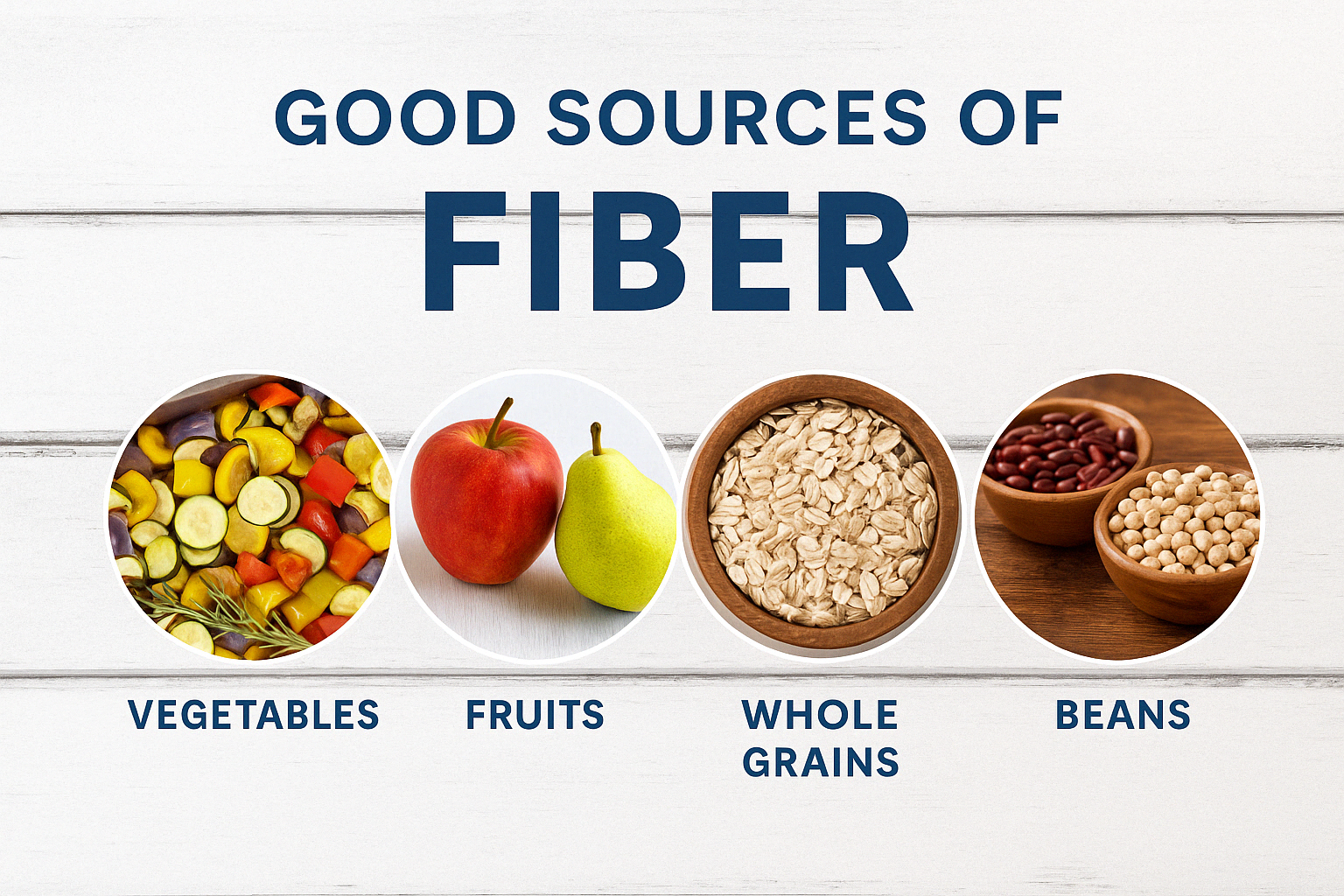

.webp)
.webp)
.webp)


